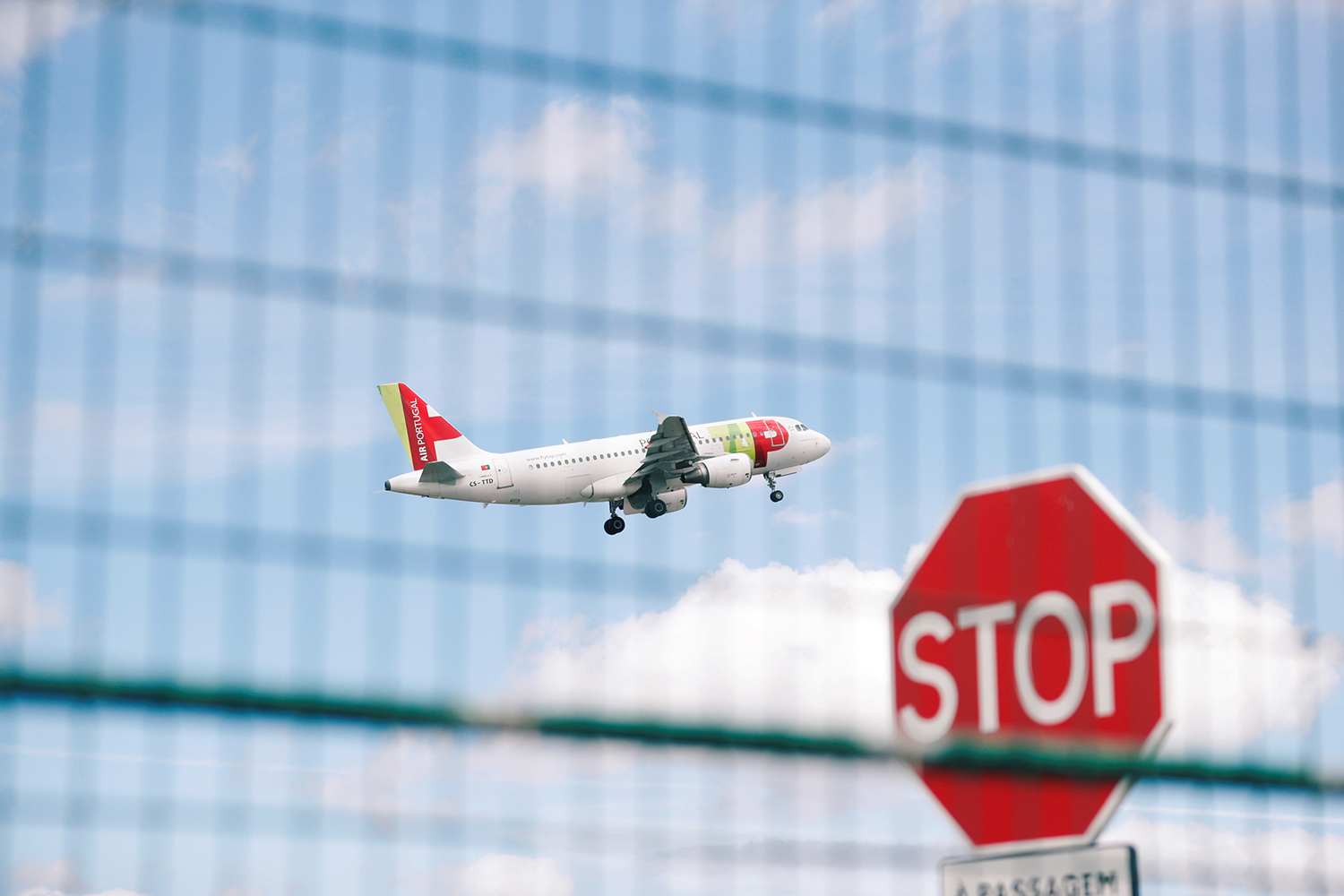
UN to end travel ban exemptions for Taliban officials: The United Nations is expected to expire travel ban waivers for 13 Taliban officials on Friday, barring any agreement by Security Council members on a possible extension.
According to a 2011 UN Security Council resolution, 135 Taliban officials face sanctions such as asset freezes and travel restrictions.
However, 13 of them were granted exemptions from the travel ban in order to meet with officials from other nations.
In June, the Afghanistan Sanctions Committee of the 15-member United Nations Security Council withdrew two Taliban education ministers from the exemption list due to the regime’s violations of women’s rights.
Simultaneously, they extended the exemption for the others until August 19, plus a further month if no member protested.
According to diplomatic sources, Ireland opposed this week.
China and Russia have requested an extension, while the US has requested a reduction in the number of officials permitted to travel and the destinations to which they can travel.
According to diplomatic sources, the newest proposal on the table would enable only six personnel to travel for diplomatic purposes.
If no Council member objects by Monday afternoon, it will go into effect for three months.
Meanwhile, the 13 officials’ exemptions expire at midnight on Friday.
UN to end travel ban exemptions for Taliban officials
Deputy Prime Minister Abdul Ghani Baradar and Deputy Foreign Minister Sher Mohammad Abbas Stanekzai are among the 13.
They were key in negotiations with then-President Donald Trump’s US government, which resulted in a pact in 2020 clearing the stage for America’s exit from Afghanistan.
A representative for China’s UN mission, which now holds the Security Council’s rotating presidency, termed the Western position relating the travel ban to human rights “counterproductive” this week.
The exemptions are “required as much as ever,” according to the spokesperson, who added that if all other members of the Council want to do is reimpose the travel ban, “obviously they have learned no lessons at all.”
Despite vows to be more flexible after seizing power in August last year, the Taliban have essentially returned to the strict Islamist rule that characterized their previous tenure in power from 1996 to 2001.
They have severely limited the rights and freedoms of girls and women, in particular, requiring them to wear burkas, virtually ending girls’ education, and methodically removing women from Afghan workplaces.
So far, no country has recognized the government.